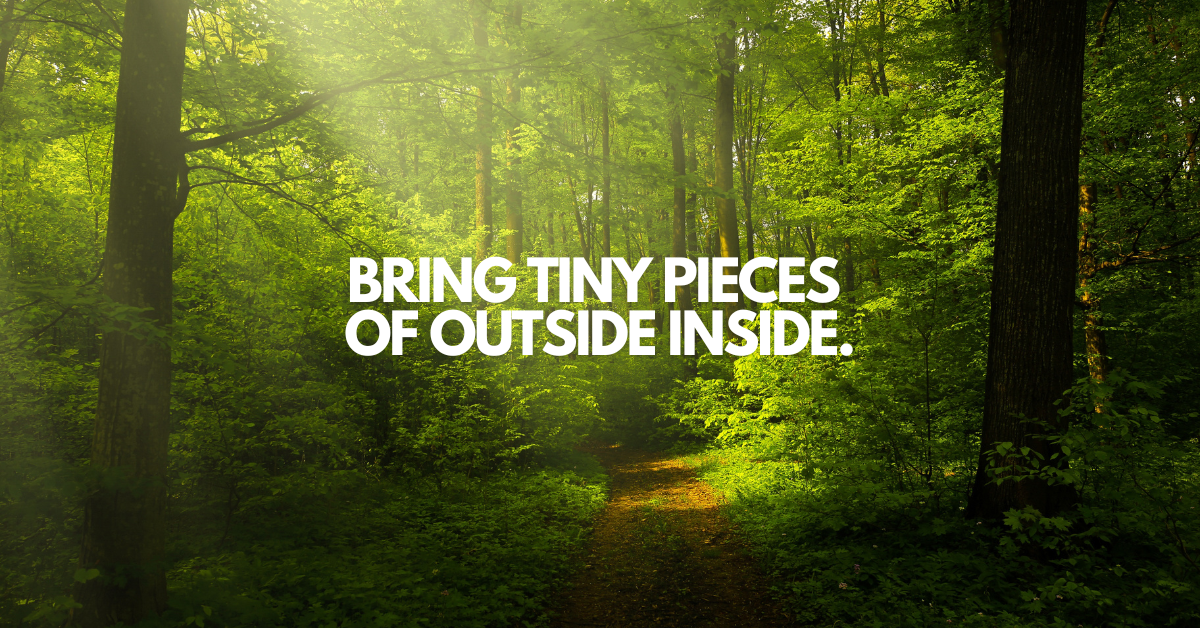Related Blogs
5 months ago

My thoughts today are inspired by a film that I watched recently.
‘In Time’ is a fictional film in which people need to ‘buy days, weeks and years’ of their life by earning time; time being the universal currency.
Every person has a clock on their arm that counts down how long they have to live.
The time is topped up by working and can be transferred between people. When time runs out, so does their life.
We may not have a digital clock on our arm, but we do have a limited time on the earth.
We can’t technically buy time, but there is the chance that we could gain more time with the knowledge that I am about to share.
My first top tip is to be kind!
Health determines how long we live for, and it is potentially possible to increase your health, and therefore your lifespan by being kind. It’s that simple!
Kindness creates a release of oxytocin within the bloodstream, which then creates a release of nitric oxide.
Nitric oxide then dilates the blood vessels, lowering blood pressure and aiding the heart; kindness is therefore cardioprotective. It is also known to reduce stress, aid healing, lower anxiety and reduce pain.
My second top tip is to increase your compassion.
Compassion is defined as ‘a deep awareness of and sympathy for another’s suffering’.
To become more compassionate, we need to create time.
We need to make time to notice the emotional state of people, and then make time to listen to them. (And I mean REALLY listen, with our heart).
When we listen with our heart, we are able to connect with our deep compassion, and not only support another, but aid our own health.
There is a very significant and high correlation between people who are highly compassionate and the health of the vagus nerve.
The vagus (Latin for wandering) is one of the cranial nerves which extends from the brain stem to multiple organs in the body.
The vagus nerve is responsible for the body’s inflammatory reflex, and it is now known that people who are more compassionate, have a healthier vagus nerve. This basically means that they are more able to control inflammation within the body, and potentially disease.
There are many fascinating studies that support this, including the story of Roseto, a small town in Pennsylvania.
From 1954 to 1961, it was found that Roseto had an unusually low rate of myocardial infarction, compared to other locations. This initially appeared confusing as the residents smoked, drank and consumed vast amounts of lard and cheeses.
It was finally found that the close community was responsible for the longevity. The term, ‘The Roseto Effect’ (referring to close knit communities experiencing less heart disease) was born.
Talking to my teenage son about his recently, he voiced his concern. “But if we go around just being kind and compassionate to better our health and prolong our life, we are just doing it for our own benefit. Surely this takes away from our idea of giving for nothing in return?”
Absolutely, he is right so I’m not suggesting that you get up every day and work out ways to prolong your life by helping others.
What I am suggesting is that you recognise the power of kindness and compassion, and just bear in mind that better health is merely a side effect of them both, rather than the primary goal.
I see kindness and compassion as medicine for happiness and health available 24/7 without prescription! (Yes, there is also a significant correlation between kindness/compassion and happiness!).
So, to conclude, by paying attention to my two top tips, you could potentially be gaining ‘life time’. Tick tock.